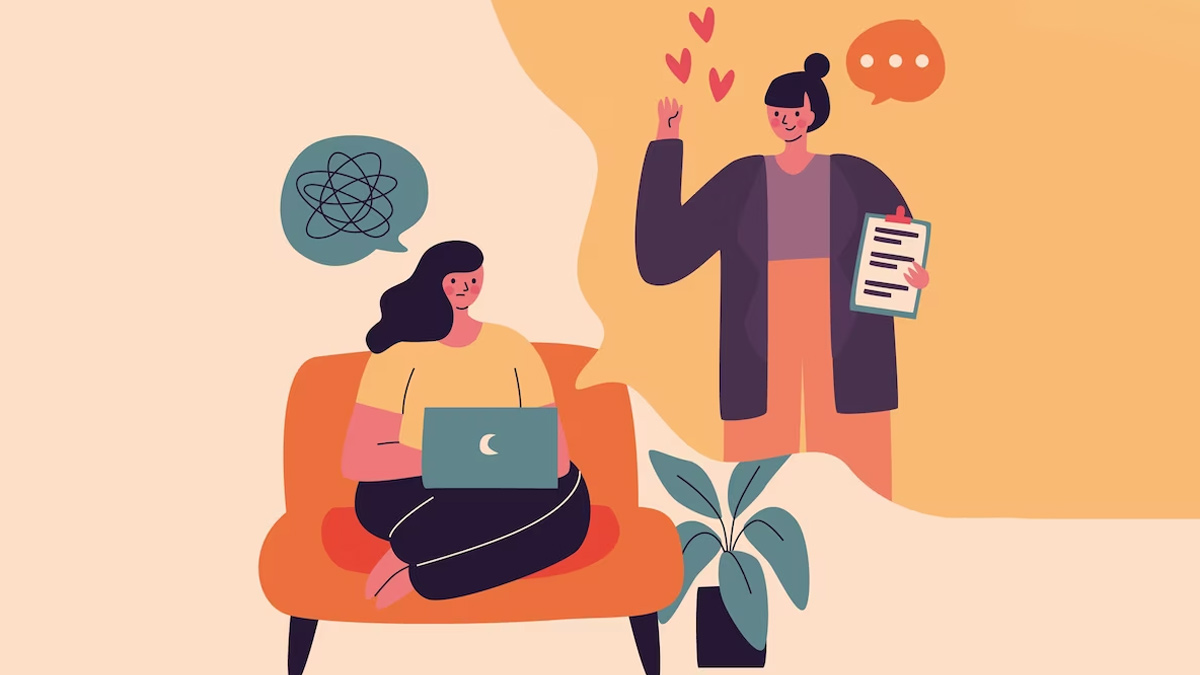
According to the National Health Mission, six to seven per cent of the population experiences mental health problems. To manage your mental health, therapy becomes essential to improve both mental health and overall health and well-being. Apart from shame and stereotypes associated with mental health, factors like the cost and accessibility of mental health therapy prevent people from seeking help for their mental health issues. So, if you cannot afford mental health therapy, here is what you need to do.
Table of Content:-
Seek out Low-Cost or Sliding-Scale Therapy Options

Many mental health providers provide low-cost or sliding-scale treatment choices for people who cannot afford regular therapy appointments. These services make it more accessible to those in need by basing their costs on an individual's wealth. You can find these providers online or by contacting your local mental health clinic.
Also Read: Red Light Therapy: Mechanism And Its Benefits
Look for Free Support Groups

Many communities offer free support groups for individuals struggling with mental health issues. These groups are often led by trained professionals and can provide a safe space to share your experiences and receive support from others who understand what you are going through.
Consider Online Therapy

Online therapy is becoming increasingly popular, and many providers offer affordable rates for their services. Online therapy can be more convenient, flexible, and accessible than traditional therapy, making it a good option for individuals who cannot afford in-person therapy due to money and distance.
Utilise Community Mental Health Resources
Many communities have mental health resources available for individuals who cannot afford private therapy. These resources may include community mental health clinics, emergency hotlines, and mental health advocacy organisations. These resources can help connect you with the care you need and provide support during difficult times. Make use of this resource if you have access to it.
Utilise Employee Assistance Programs
Many employers offer employee assistance programs, which provide free or low-cost mental health services for their employees. You can use these programmes to provide you with short-term counselling, referrals to mental health providers, and other resources to support your mental health and well-being.
Also Read: 5 Reasons Why Sound Therapy Is Beneficial For Anxiety Relief
Practice Self-Care

While seeking professional mental health support is essential, practising self-care can also be an effective way to manage mental health concerns. This can include getting enough sleep, exercising regularly, consuming a nutritious diet and taking part in enjoyable and relaxing activities.
Reach Out to Friends and Family
Sometimes, talking to a trusted friend or family member can provide the support you need. While they may not be trained mental health professionals, they can offer a listening ear and provide emotional support during difficult times.
Bottomline
It is critical to remember that there is no shame in getting treatment for mental health issues and that those who cannot afford therapy can still get assistance. All aspects of a person's life can be affected by mental health issues, so getting assistance can help people live better healthier lives.
Image Credits: freepik
Also watch this video
How we keep this article up to date:
We work with experts and keep a close eye on the latest in health and wellness. Whenever there is a new research or helpful information, we update our articles with accurate and useful advice.
Current Version